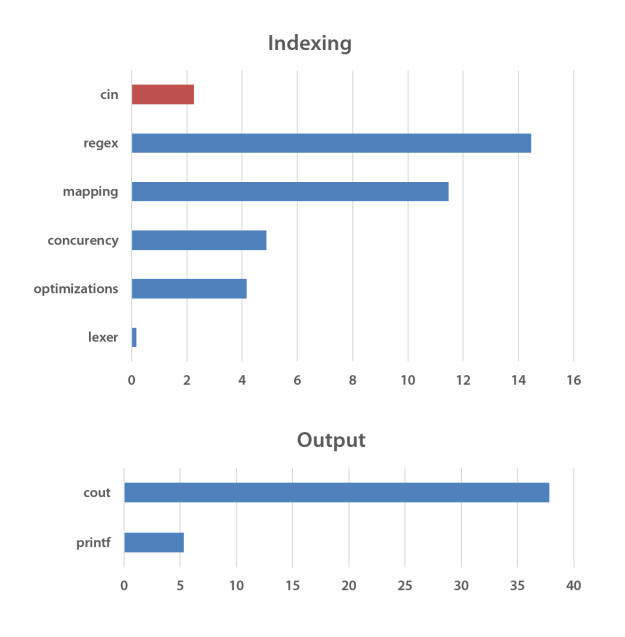Quick Q: What is constexpr useful for? -- StackOverflow
Quick A: When you need the constant to be available at compile time.
Today on SO:
What are 'constexpr' useful for?
I really can't find any use of it. My first idea was that I could use it to implement 'Design by Contract' without using macros like this:
struct S { S(constexpr int i) : S(i) { static_assert( i < 9, "i must be < 9" ); } S(int i); //external defintion char *pSomeMemory; };But this wouldn't compile. I thought we could also use it to reference same-variable without the need of additional memory to be created when we want to avoid the get/setters in order to make instances to one member from users to be read-only:
class S { private: int _i; public: const int & constexpr i = _i; };But none of the above actually compiled. Can someone give me some insight why this keyword was being introduced?


 [For your winter reading pleasure, we're pleased to present this three-part series of new material by Bjarne Stroustrup.
[For your winter reading pleasure, we're pleased to present this three-part series of new material by Bjarne Stroustrup.  To use or not to use
To use or not to use